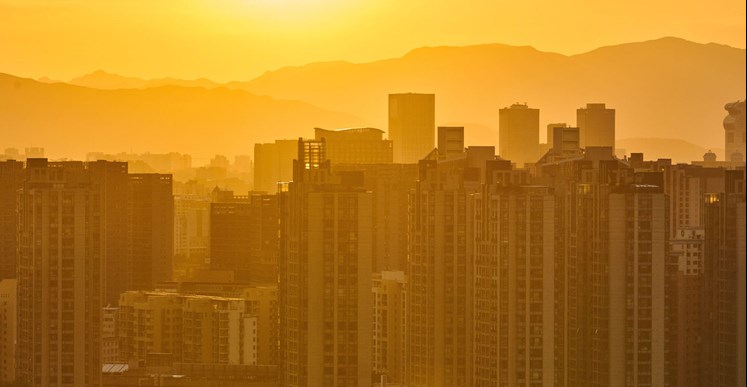Climate Change: Delay in Action, New Observations on Effects
2020 was expected to be a significant year in the fight against climate change. As COVID-19 has stalled the sustainbility agenda some what, the observed effects of climate change continue to intensify. Here are a few key points:
COP26 postponed to 2021
Due to COVID-19, the United Nations Climate Change Conference COP26 was postponed until next year and will be held in Glasgow between 1st – 12th November 2021. It was originally scheduled to take place between 9th – 19th November 2020 with 196 nations invited to participate.
COP26 is the most important conference of the Parties since the signing of Paris Agreement, as countries are required to present their revised five-year plans and targets.
Scientists warn that existing national plans would take the planet to at least 3 degrees Celsius above pre-industrial levels. Countries must come up with more stringent commitments if we are to comply with the Paris Agreement.
Warming Greenland ice sheet passes the point of no return
Almost 40 years of satellite data from Greenland indicates that glaciers on the island have melted so much that even if global warming were to end now, the ice sheet would continue shrinking.
Throughout the 1980s and 1990s, the amount of snow created by the accumulation of snow fall and ice melted glaciers were mostly in balance, holding the ice sheet intact. Around the year 2000, the amount of ice melted each year started increasing steadily. The level of snow fall did not increase in the same rate, meaning rapid losses to the glacier.
Shrinking glaciers in Greenland are a concern for the entire world. The ice that melts or breaks off from Greenland's ice sheets ultimately ends up in all of the world's oceans. Greenland’s ice is a significant contributor to rising sea levels -- last year, enough ice melted or broken off from the Greenland ice sheet to cause seas to rise by 2.2 millimeters in just two months.
2020: Warmest year recorded?
Current data shows that 2020 will be the first or second warmest year ever. According to the NASA dataset, 2020 ties with 2016 for the warmest January-June average on record. However, the temperatures in 2016 were lower in the second half of the year, while the temperatures in 2020 remained quite warm in the last few months. The last 12 months have tied for the warmest 12 months on record in a number of datasets.
International Day of Climate Action is here
24th October 2009 was deemed a historical turning point and a milestone for the global climate movement. Over 4,000 activities were held in almost every country in the world to call on world leaders of the time to come to an agreement on a carbon emissions treaty.
Throughout the 11 years since this pivotal moment, the global climate movement has grown expontially and has seen younger generations step up and claim the stage. In 2019, a record 7.6 million people took to the streets to strike for climate action as part of the Global Climate Strike — the biggest climate mobilization in history with the call of Fridays for Future.

Climate activists searching for new ways to protest
As gatherings of crowds can pose a danger to public health, climate activists are looking for new ways to protest and utlize digital platforms to voice their efforts. Fridays For Future calls for a global climate action day on September 25. Protesters around the world will come together physically where local Covid-19 conditions are feasible, and if not, protesters will use digital means to voice their beliefs.

 EN
EN  TR
TR
Share